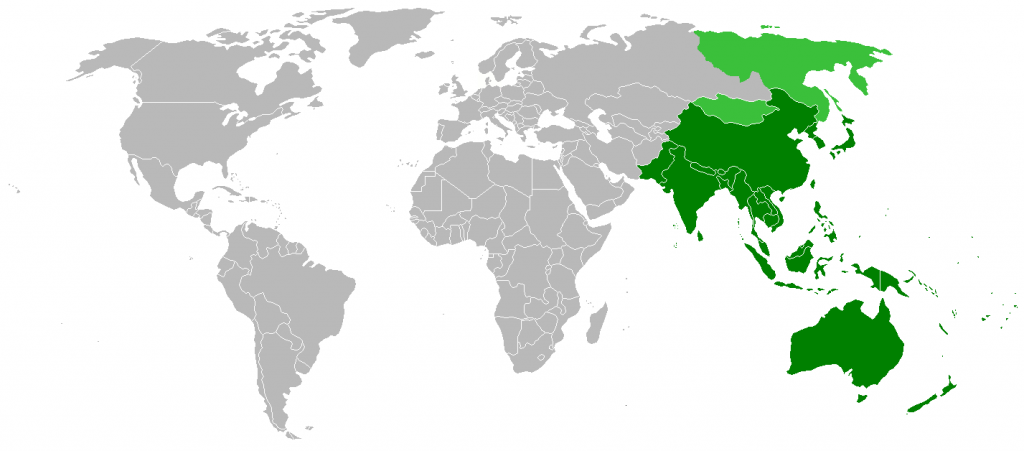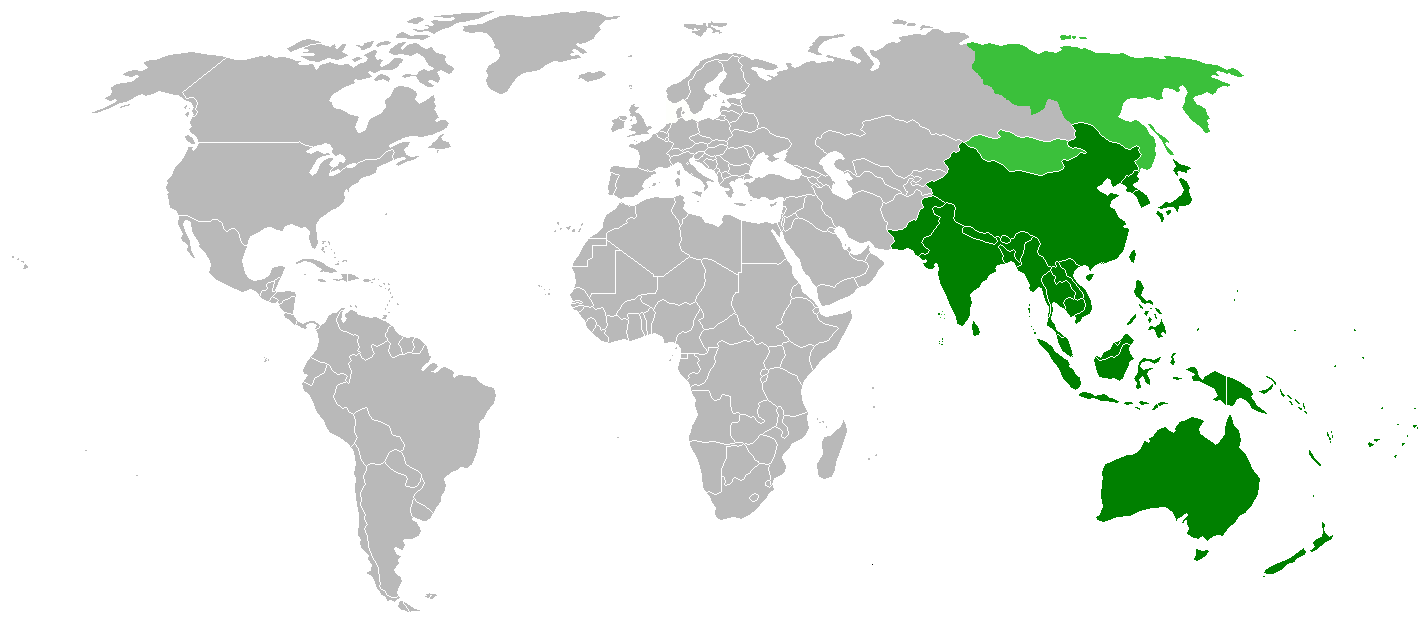
In a development that marks France boldly pushing back China’s Communist Party’s growing influence in the region, Paris has appointed its top envoy to Australia as its first ambassador for the Indo-Pacific.
The move to assign ambassador Christophe Penot from Canberra to a larger and broader economic zone is one of the many strategic steps France has taken in the contested region area to date; it comes in the wake of France and Germany becoming more assertive in their strategy towards the Chinese Communist Party.
Penot is scheduled to leave on October 20, and will be replaced, in Australia, by Jean-Pierre Thebault, a former ambassador for the environment who in 2019 organized the G7 in Biarritz. While Penot will be based in Paris, he will travel across the Indo-Pacific region and will be responsible for co-coordinating diplomacy.
Florence Parly, the French Minister for the Armed Forces, has pushed for an Indo-Pacific “axis, with France, India and Australia as its backbone”. This trilateral collaboration will work separately from “the Quad”, which includes the United States, Japan, Australia and India with a focus on security.
Due to its economic links with China and its proximity to the subcontinent, although Australia was seen as the vanguard of Chinese relations with the west, it is now increasingly regarded as a key regional ally for international partners, as they attempt to maintain rules-based order in the region. On its part the United States has significantly boosted its presence in Australia and has positioned itself to use Canberra as a base for its Indo-Pacific operations.
These developments come at a time when the Coronavirus, which emerged from Wuhan, China, has catalyzed European anxiety over the Communist China’s regime action in its treatments of its minorities, including Uighur’s in Xinjiang and Tibetans in Tibet, the imposition of draconian laws in Hong Kong, and its increasingly aggressive military posturing in the South China Sea as well as political interference in the region.
Earlier in June, Penot had warned that international norms were being increasingly disregarded and challenged, and that this deconstruction “will probably accelerate with the current COVID crisis”.
“France and Australia have a special responsibility there to ensure that the world post COVID does not become worse and, if possible, that it becomes better than the world before,” said Penot.
On its part, France has more than $176 billion in sunken foreign direct investment across the Indo-Pacific region, stretching from the coast of Africa to the Coral Sea, which includes French territories that are home to 1.6 million people.
The Indo-Pacific region accounts for 17% of France’s exports and 14% of its imports.
This development assumes significance for France given that “the global economy’s center of gravity has shifted from the Atlantic to the Pacific”, said Penot.
In 2019, Parly had told the Shangri-La Dialogue in Singapore that trade wars, tech wars and wars of words were “only the beginning” of a sharp decline in international relations.
“It takes no Kissinger to see the building blocks of a global confrontation taking shape here in Asia,” said Parly. “History is replete with big power competition. The slowly assembling parts of a tragedy do not mean that the tragedy is inevitable, but pretending to ignore what looms does not help.”
France, a European powerhouse, is the latest European giant to change its outlook towards China’s Communist party. Even Germany, which for so long had rock solid ties with Beijing, published its first Indo-Pacific strategy with a focus on increasing diplomatic pressure on China.
“We want to help shape [the global order] so that it is based on rules and international cooperation, not on the law of the strong,” said German Foreign Minister Heiko Maas.





